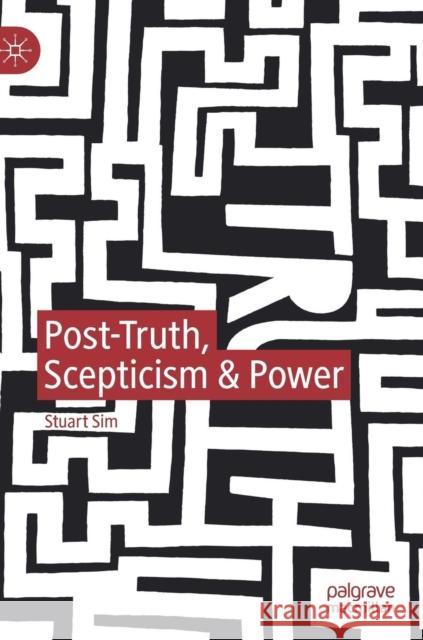Post-Truth, Scepticism & Power » książka
topmenu
Post-Truth, Scepticism & Power
ISBN-13: 9783030158750 / Angielski / Twarda / 2019 / 175 str.
Kategorie BISAC:
Wydawca:
Palgrave MacMillan
Język:
Angielski
ISBN-13:
9783030158750
Rok wydania:
2019
Wydanie:
2019
Ilość stron:
175
Waga:
0.37 kg
Wymiary:
21.01 x 14.81 x 1.27
Oprawa:
Twarda
Wolumenów:
01
Dodatkowe informacje:
Wydanie ilustrowane











